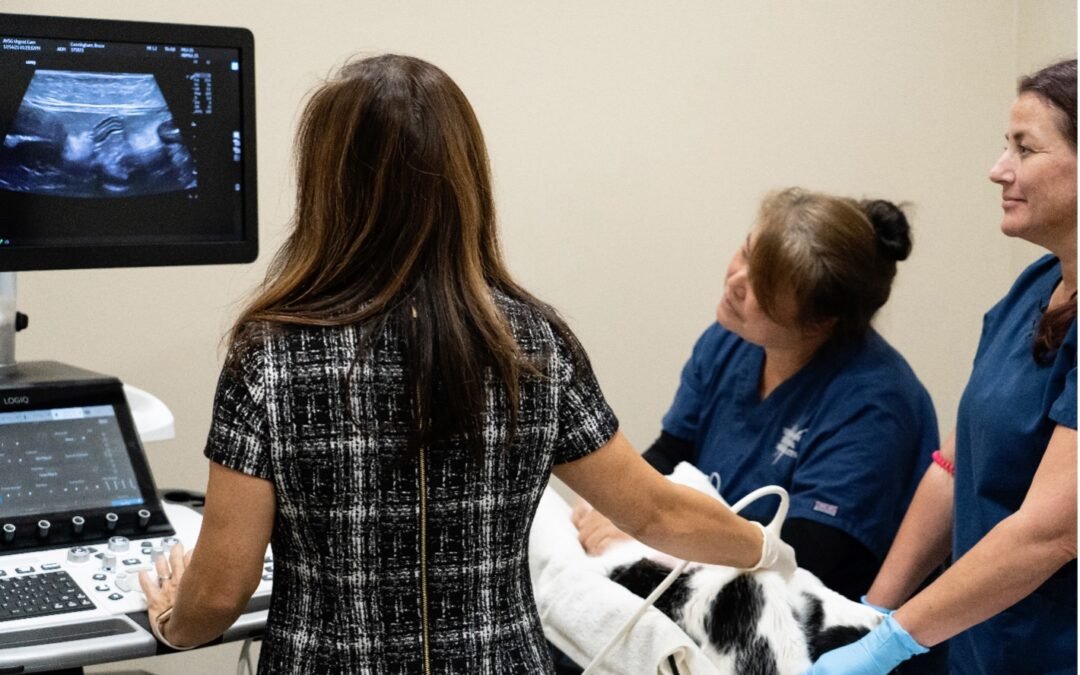The kidneys play an important role in ensuring your pet’s body can perform optimally. Some key functions of kidneys include producing urine, regulating minerals like sodium and potassium, removing waste from the bloodstream, and preserving water resources. When your pet’s kidneys aren’t functioning correctly, it could lead to a buildup of toxins in the circulatory system and an imbalance of electrolytes and fluids, as well as contribute to hypertension and urinary issues.
Keep reading as we dive deeper into feline and canine renal (kidney) health, common issues, and how to support your pet’s kidney health and wellness.
Common Renal Issues in Pets
A range of conditions can affect the proper functioning of the kidneys. Some of the most common renal issues include the following:
Chronic Kidney Disease (CKD) – Chronic Kidney Disease is marked by a gradual decline in renal function over time. More prevalent in older animals, symptoms can include lethargy, weight loss, decreased appetite, increased thirst, increased urination, and gastrointestinal issues.
Kidney Stones – Kidney stones (uroliths) are mineral-based formations that develop within the kidneys or the urinary tract. Varying in size and composition, kidney stones may form due to diet, changes in urinary pH, and hydration levels. Symptoms include difficulty urinating, frequent need to urinate, and blood in the urine.
Urinary Tract Infections (UTIs) – Urinary tract infections are bacterial infections that can impair kidney function if left untreated. Red flags of a UTI include straining to urinate, blood in the urine, frequent licking/grooming of the genital area, changes to litter box visits/accidents around the house, and strong/foul urine odor.
Acute Kidney Injury (AKI) – Caused by toxins, infections, or dehydration, acute kidney injury is the sudden and severe onset of damage to the kidneys. Symptoms include vomiting, diarrhea, decreased/absent urination, and disorientation.
If you believe your pet is experiencing issues with their kidneys, a veterinary evaluation is paramount. Catching symptoms early on gives your pet the best chance at a proper diagnosis and treatment.
Supporting Your Pet’s Renal Wellness
There are ways pet parents can help foster a strong foundation when it comes to kidney health:
- Ensure your pet always has access to clean, fresh water.
- The FDA recommends cleaning your pet’s water bowl daily with pet-safe soap to remove any bacteria and biofilm buildup.
- Keep track of your pet’s water intake and make sure they are actively hydrating throughout the day.
- Provide your pet with regular exercise to help support kidney function.
- Maintain a healthy weight through a balanced diet and routine exercise.
- Keep up on dental health. Poor oral health can negatively affect renal wellness and introduce systemic diseases.
Internal Medicine Services
Veterinarians who specialize in internal medicine have completed extensive education and advanced training in how a pet’s internal body systems function. As a result, they’re experts in diagnosing and treating the most complex diseases that affect these systems – including kidney issues. If your primary care veterinarian refers your pet to our internal medicine team for evaluation, know that they’re in exceptional hands with Victoria Vorathavorn, DVM, DACVIM (Board-Certified Veterinary Internist) and Michelle Cieplucha, DVM (Residency Trained in Internal Medicine) at the helm.
Our internal medicine services are available Monday-Friday, 8:00 a.m. – 5:00 p.m., by appointment. Please call 949.653.9300 to schedule.
We are located inside the AVSG building and have long-standing relationships with other practices with immediate access to veterinary specialists in surgery, cardiology, dentistry, dermatology, oncology, ophthalmology, and more.


